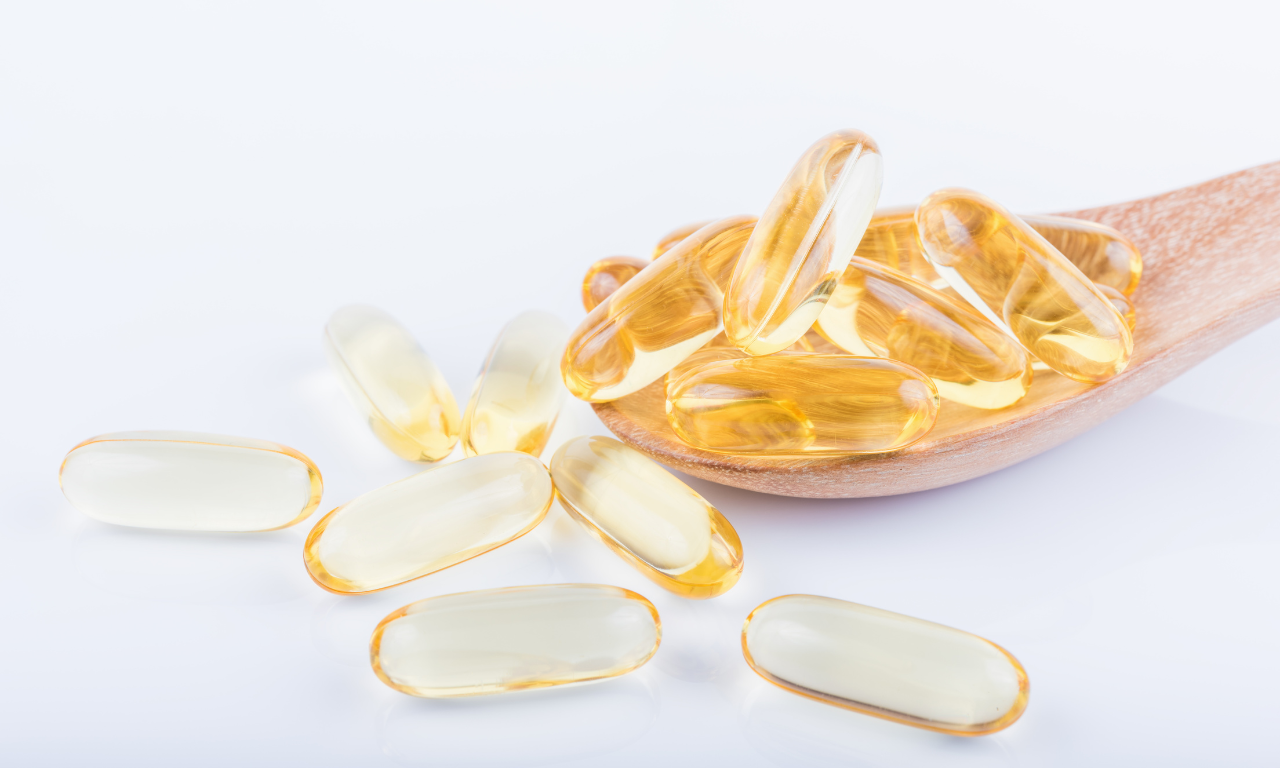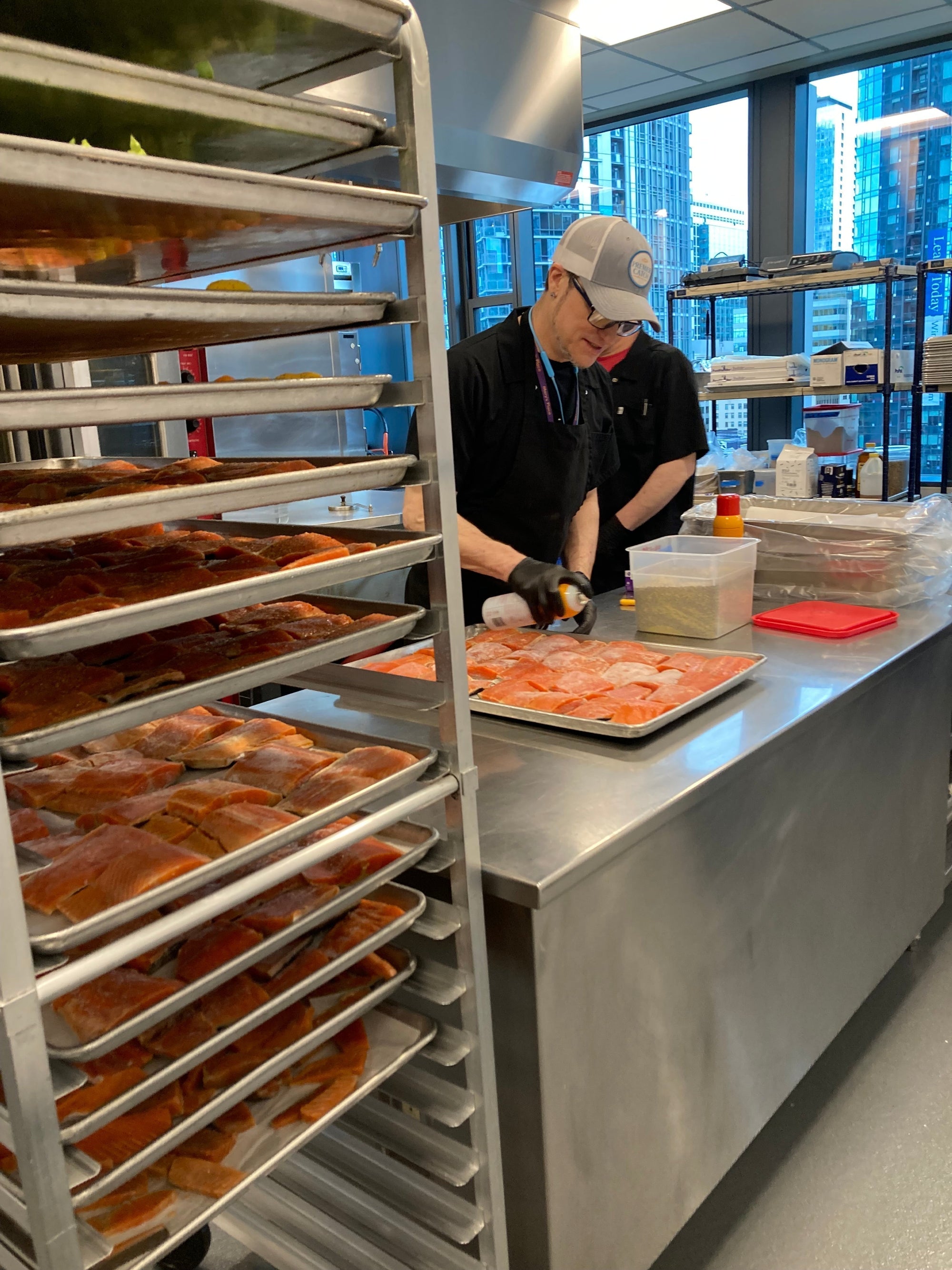When it comes to nutrition and seafood, a common question pops up: Do I need to take omega-3 fatty acid supplements if I eat seafood regularly? The answer isn't a straightforward yes or no—it's more nuanced. Let's dive into this topic and explore whether you can rely on your seafood intake or if supplements might be necessary.
Check out Ashley's Video on the topic here
The Role of Omega-3 Fatty Acids
Omega-3 fatty acids are essential fats that our bodies need but cannot produce on their own. They play a crucial role in brain health, reduce inflammation, and support heart health. There are three main types of omega-3s:
- EPA (Eicosapentaenoic acid)
- DHA (Docosahexaenoic acid)
- ALA (Alpha-linolenic acid)
For those consuming seafood, particularly fatty fish, EPA and DHA intake is higher. But how much is enough?
The Seafood Solution
If you can incorporate three servings of fatty fish into your weekly diet, you're likely getting a sufficient amount of omega-3s. Here's a list of some beneficial fatty fish:
Eating these types of fish thrice a week can ensure you're meeting your omega-3 needs.
Salmon and tuna are rich sources of omega-3s, making them excellent dietary choices for anyone aiming to boost their intake.
When Supplements Might Be Needed
However, not everyone can or chooses to consume this much seafood due to dietary preferences, allergies, or access issues. If seafood isn't a regular part of your diet, fish oil supplements can be a viable alternative to help meet your omega-3 needs.
"Supplements are meant to supplement an already good diet complete with whole foods." - Ashley Besecker, RDN
Always start with whole foods when possible, and use supplements to fill the gaps in your diet.
Tips for Choosing Omega-3 Supplements
If you decide that supplements are necessary, here are some tips to help you choose the right one:
- Check the EPA and DHA Content: Look for a supplement that provides both EPA and DHA, aiming for about 500 mg of combined EPA and DHA per capsule.
- Quality and Purity: Opt for brands that undergo third-party testing for contaminants.
- Sustainability: Choose products from brands committed to sustainable fishing practices.
Whether or not you need fish oil pills depends largely on your diet. If fish is a staple, you're likely covered. If not, supplements can bridge the gap, ensuring you reap all the benefits of omega-3 fatty acids.
Resources
For more information on choosing the right supplements and incorporating more seafood into your diet, check out these resources:
Harvard Health Omega-3 Guide
Seafood Nutrition Partnership
Understanding your dietary needs can lead to a healthier and more balanced lifestyle. Always prioritize whole foods and use supplements wisely to support your health goals.
Have questions or comments on this topic? Let's continue the conversation in the comments below!


